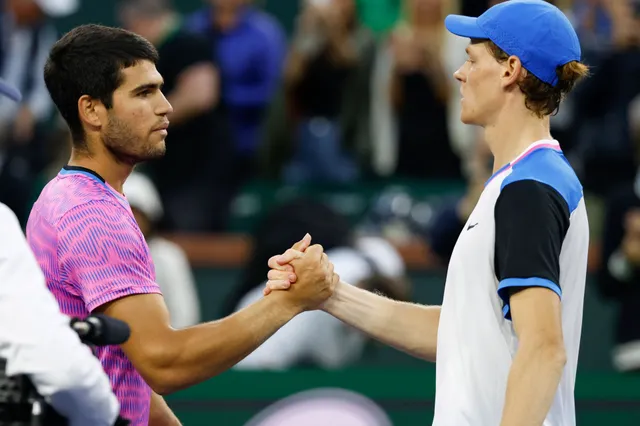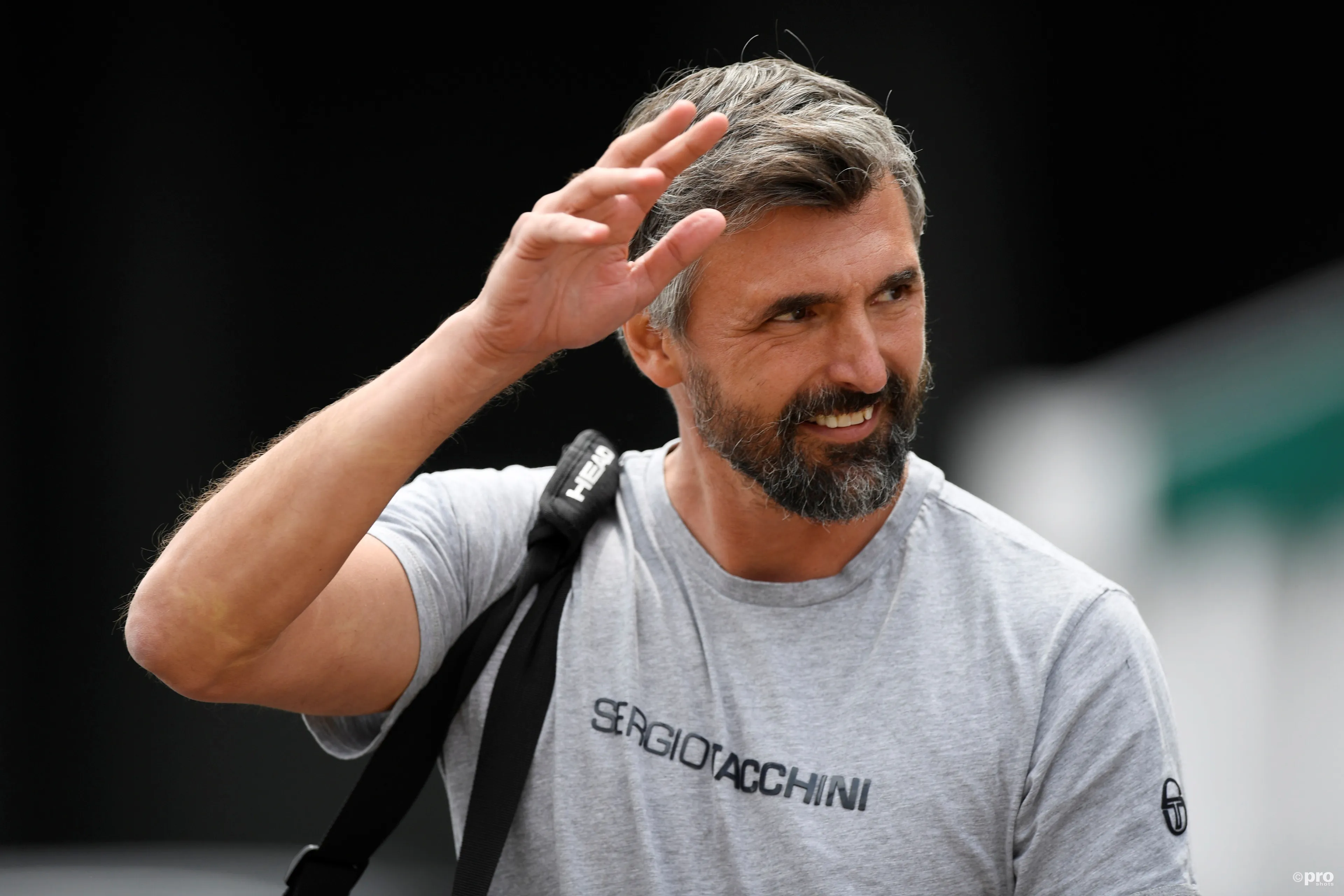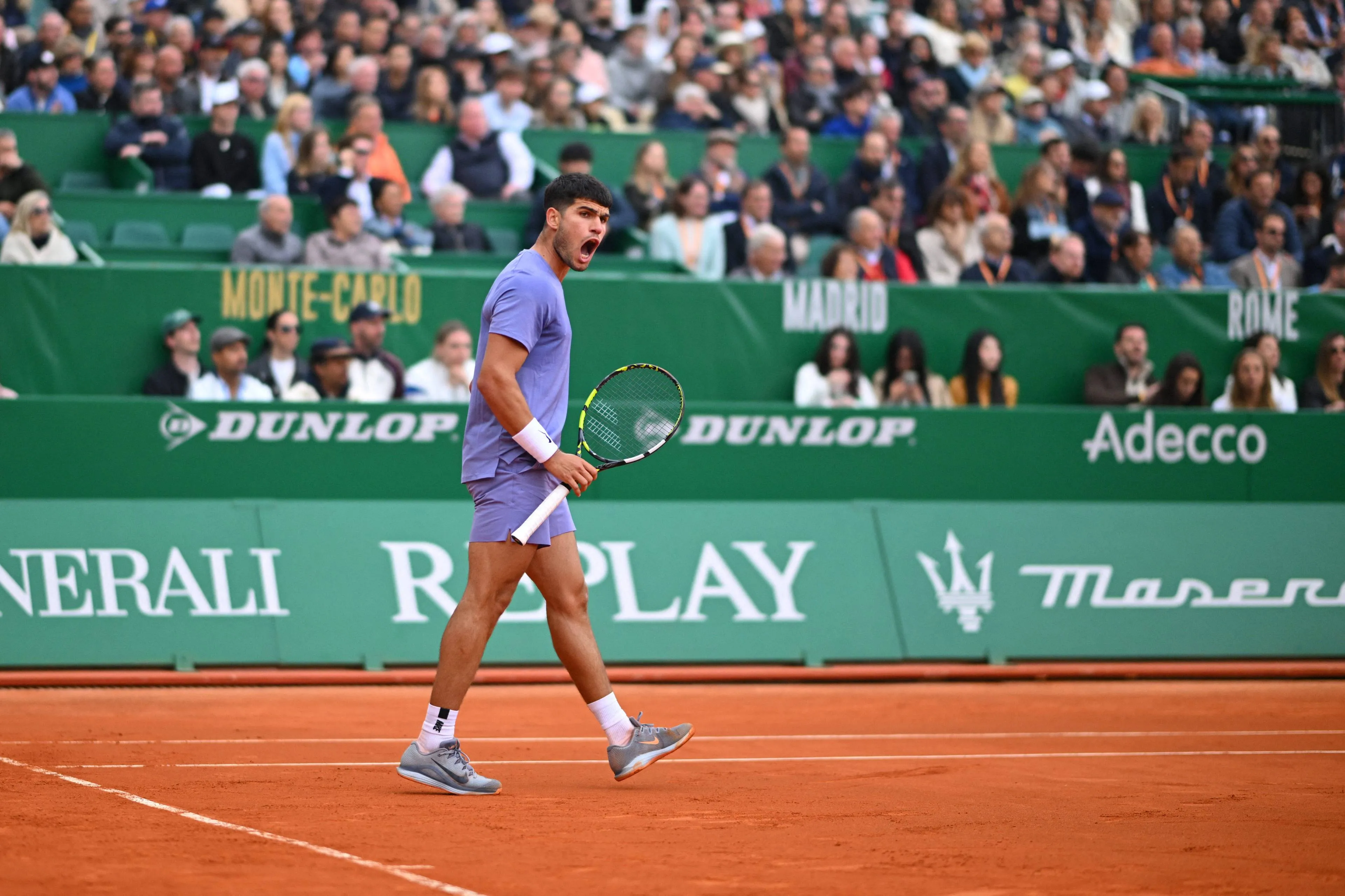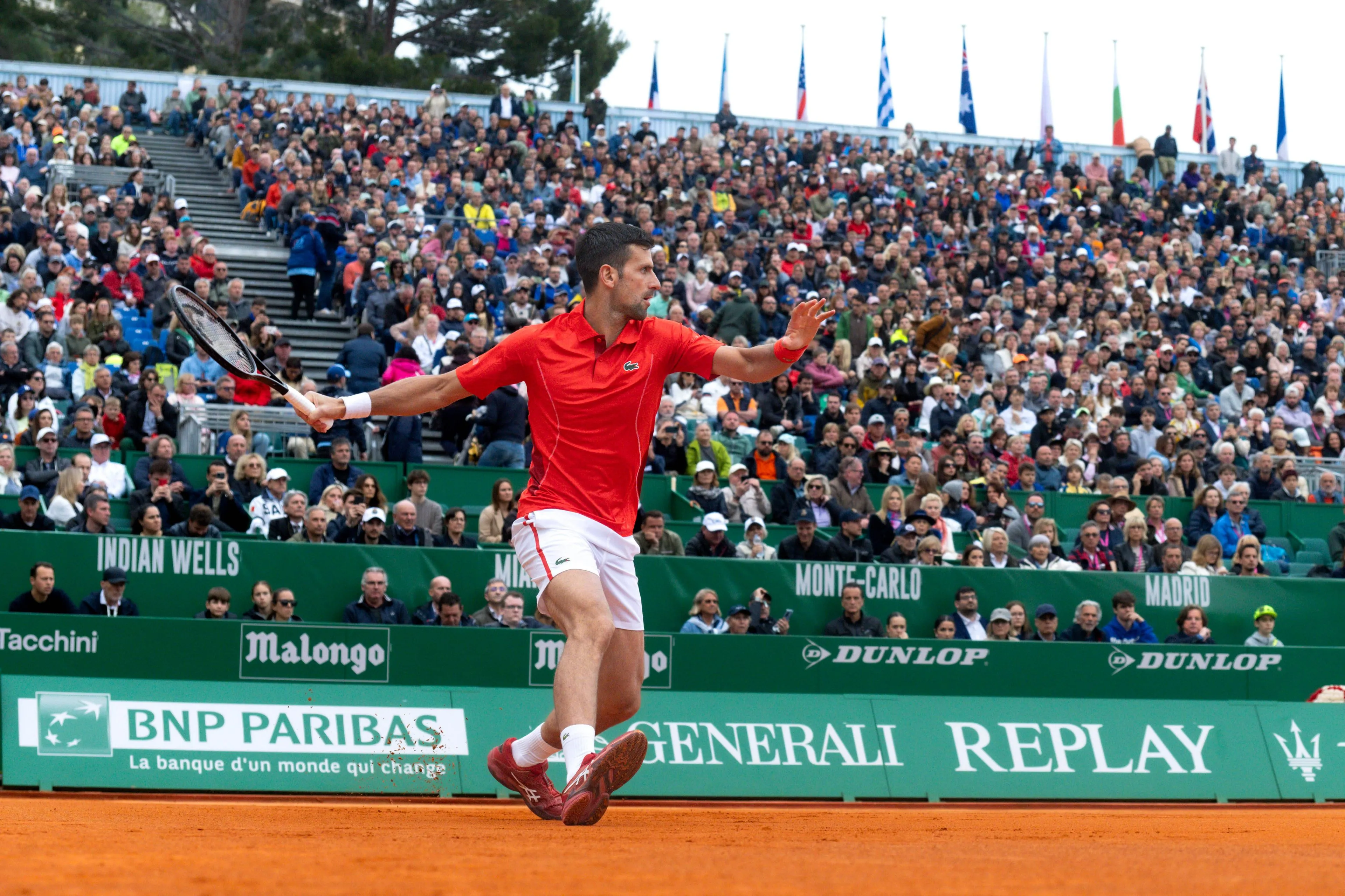Carlos Alcaraz: Not just creative, but also a gritty French Open contender
ATP
Carlos Alcaraz proved something to himself during his semi-final win over Jannik Sinner at the 2024 French Open and that is his ability to scrap, fight and suffer for the win according to pundit, Alex Corretja.
Alcaraz started the match poorly being broken in the opening game of the match and dropping the opening set 6-2. Sinner took control of proceedings and looked to kick on. But up a set and a break in the second set, Alcaraz hit back and levelled matters. He dropped the third set but came back to win the final two.
Admitting that it was one of the toughest matches of his career, it was the scare that Alcaraz could need en route to the title as he faces off against Alexander Zverev tomorrow in Paris for the title. A match that he will be favourite in and will be a remarkable turnaround after being on the verge of next playing at all last month.
“This is huge for him because we’ve always been saying that he’s such a creative person,” Corretja said to Eurosport.
“But sometimes we are demanding [from] him, ‘Why are you not leaving more patience, [being] more practical, rather than going for every single shot like it’s the best shot ever?’
“Today he proved to himself that he’s ready to suffer, to fight, and to beat Sinner, who was putting so much pressure on him. I think for the rest of this career, this match will [live on] for sure. I think it’s very important what he said. You need to understand that you will suffer and struggle, and the joy of saying, ‘I know I’m suffering but I’ve had these moments before in my life, in the gym or during practices'.
“It was key for him to understand that and I saw him before the match, and he was ready for that. He knew that it was going to be a battle against Jannik.”
It was a point that Mats Wilander also touched on that the key is always suffering and that as a player, you need to expect that. “The key is to expect suffering,” Wilander continued. “But don’t expect him to be hitting the ball well at all.
“It’s not important to hit the ball well. You go out on this court, [play] five sets, get ready to suffer, and you figure out ‘How good am I? How good is my opponent? What do I have to do to stay level,' or maybe ‘I’m ahead, maybe I can risk a little more.’
“You cannot expect to play well in big matches; that is completely out of the question, but you have to anticipate that you’re going to struggle.”
Just In
Popular News
Latest Comments
- Elina needs to ditch Yukov!!Rapunzel10-04-2025
- Very funny...SakkariFan2310-04-2025
- Tend to agree with the predicament of Djoko here...SakkariFan2310-04-2025
- Shame for Draper, more practice needed on the dirt it seems!SakkariFan2310-04-2025
- Good level from Carlos without playing spectacular, bigger tests to come...SakkariFan2310-04-2025
- Blame WTA's ridiculously hectic scheduling for all the withdrawals from BJK. Perhaps one day BJK herself will stand-up for the WTA players in their battles with WTA.
 mandoist10-04-2025
mandoist10-04-2025 - Sort of ironic -- and deserving -- the BJK Cup is being passed over by top players due to hectic (ridiculous) scheduling. Ironic because BJK herself has avoided supporting the players in any of the legitimate issues they have been bringing to WTA with little-to-no success.
 mandoist10-04-2025
mandoist10-04-2025 - TabiGod!! Great player, hope he can get some confidence after this
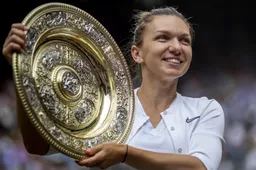 TeamHalep2410-04-2025
TeamHalep2410-04-2025 - "Influencer" = Trust Funders with no viable skill set.
 mandoist09-04-2025
mandoist09-04-2025 - At their peak, influencers start paying Google, rank even higher, and hit repeat. The cycle starts feeding itself. And Google..MrAndreeva08-04-2025
